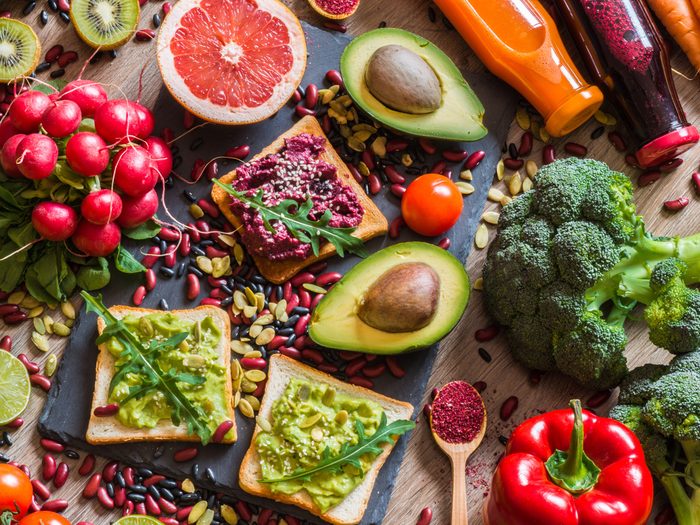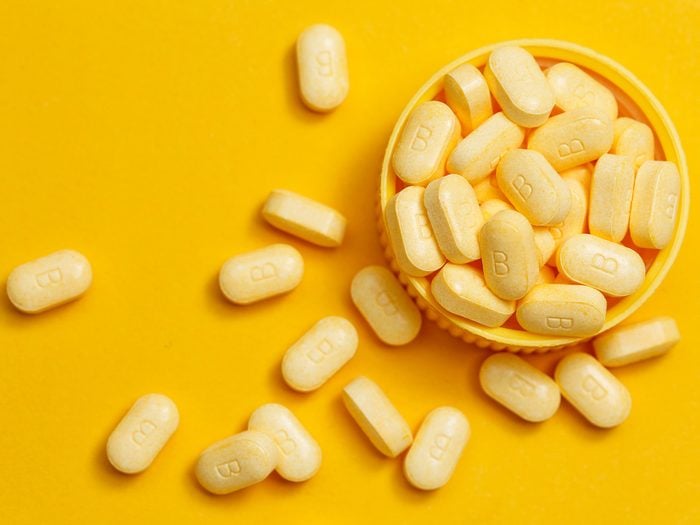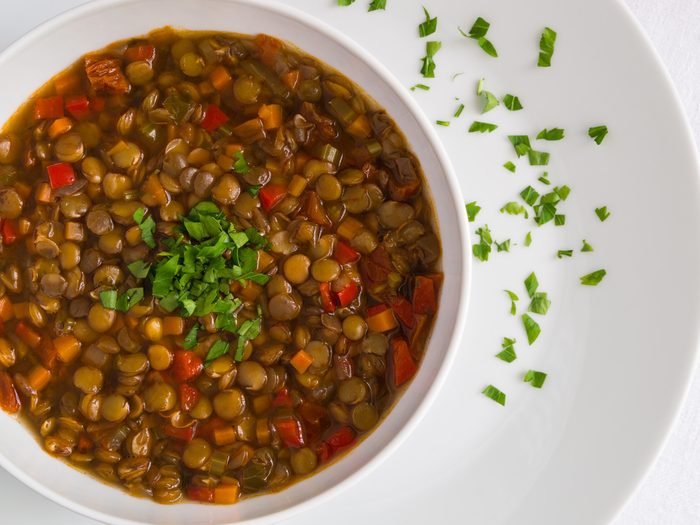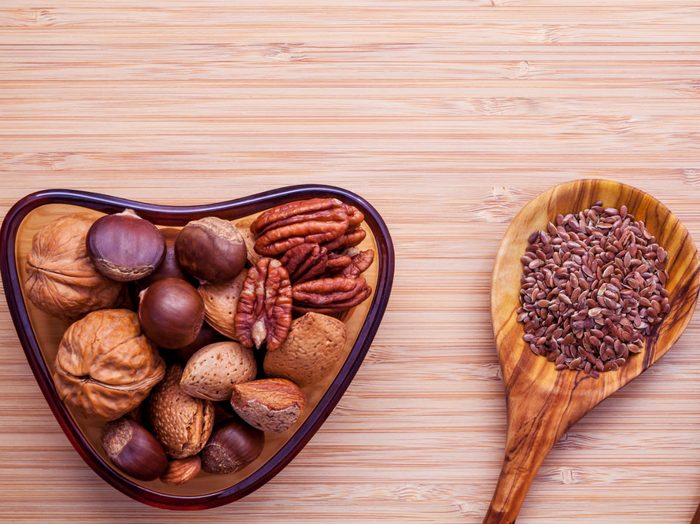
Staying healthy on a vegan diet
Most vegan clients I’ve met with over the years will affirm that they are vegan for both ethical and health reasons. They tell me that their choice is a lifestyle, not just a diet, and that it is a “kinder way to live.” Even though I’m personally not a vegan or a vegetarian, I eat predominantly plant-based foods, and it has definitely impacted my health in a positive way.
However, eating junk food that, while vegan, is calorie-dense and nutrient-poor— such as what’s found in vegan convenience foods that contain little more than refined carbs and sugar — will eventually result in nutritional deficiencies.
But it is simple to be a healthy vegan, as long as you get enough of certain nutrients.

Boost your B12
Speak to your healthcare professional about supplementation. Vitamin B12 is difficult to obtain from food in a vegan diet. It is a critical factor in fertility, digestion, and the normal growth and development of all cells. It also enhances learning and memory, and normalizes sleep patterns. Deficiencies of this vitamin do not usually show up right away because B12 is stored in the body for up to five years; when a blood test finally shows you are deficient, you are bankrupt of this vitamin.
Some vegan foods such as nutritional yeast and cereals may be fortified with B12, but the safest solution to ensure you get enough is to talk to your healthcare professional and find out the amount you should supplement. (It may also be a good idea to consider taking a B-complex vitamin, as the Bs work together synergistically.) It’s also worth knowing that oral contraceptives may lower B12 and cause deficiency, as can alcohol. Watch for these signs your body isn’t getting enough B12.

Get your iron
Not getting enough of this important mineral is the most common nutritional deficiency in North America, so it is not just vegans who need to be concerned. Iron-deficiency anemia occurs when your body cannot make enough hemoglobin. It is especially common among menstruating and pregnant women.
Get iron from these sources: spinach, spirulina, morel mushrooms, lentils, pumpkin seeds, kale and chia seeds. (And do speak to your doctor about whether you need to supplement.) Keep in mind that tea, coffee and red wine can all inhibit iron uptake, while vitamin-C-rich foods, including many fruit and vegetables, enhance iron absorption. Here are more foods high in iron – even more than spinach!

Don’t forget protein
Protein is the macronutrient most commonly lacking among my vegan clients. Since animal foods are a complete source of protein and have all the essential amino acids-the building blocks of every cell in your body — when you don’t eat eggs, dairy, chicken, meat or fish, you need to be creative with protein choices. Go with a variety of quinoa, nuts, seeds, spirulina, broccoli, spinach, kale, lentils, tempeh and plant-based protein powders. (Find more plant-based sources of protein here.)
If you choose a vegan diet and lifestyle, be sure you get enough iron, B12 and protein so you can experience your most joyous health.
Joy McCarthy is a certified holistic nutritionist, a best-selling author and the founder of Joyous Health.
Next, stock your kitchen with these 10 ingredients every smoothie lover should have on hand.
